The US has long leveraged its super-power status to give Israel impunity from international accountability


The US has long leveraged its super-power status to give Israel impunity from international accountability

The country must break the cycle of impunity and strengthen its sovereignty by ratifying the Rome Statute
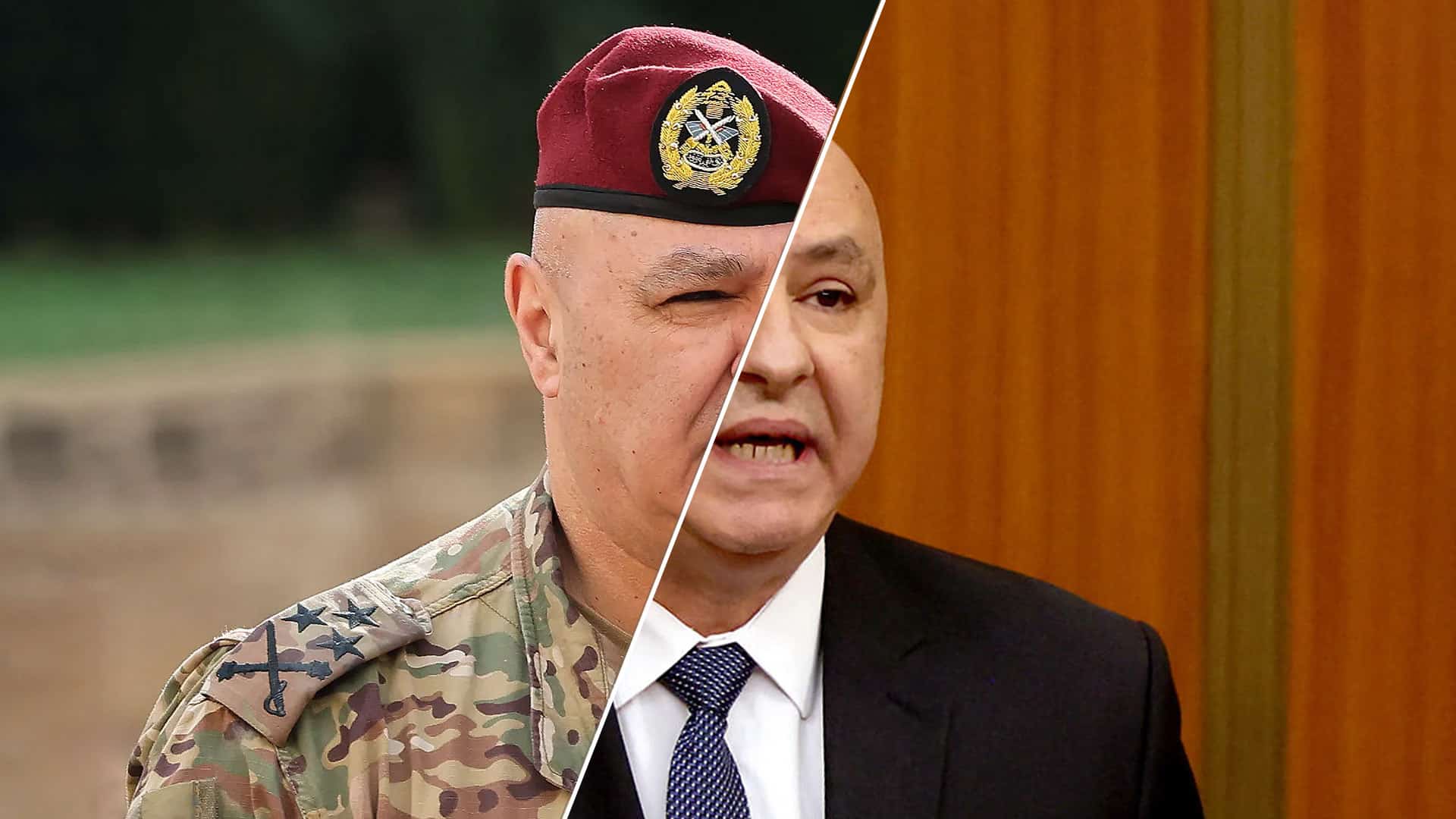
Lebanon’s new president inherits a broken system; his actions will dictate whether he is a reformer or ‘just another general’

Tech solutions risk worsening inequities at public schools

The authorities now controlling Damascus have been sending mixed signals about the future direction of Syria
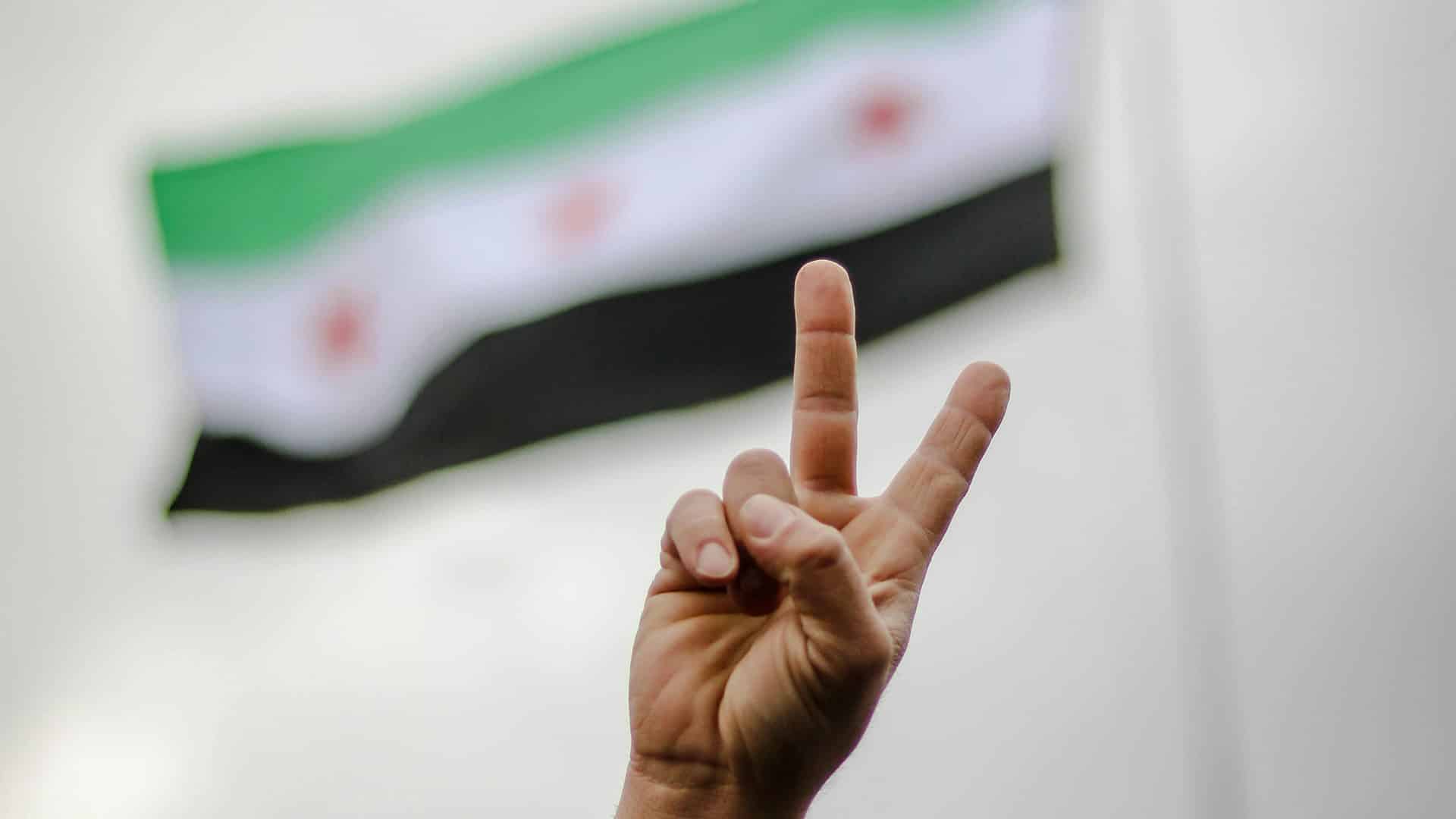
The Assad regime and global powers have broken Syria—only a new consensus can repair it
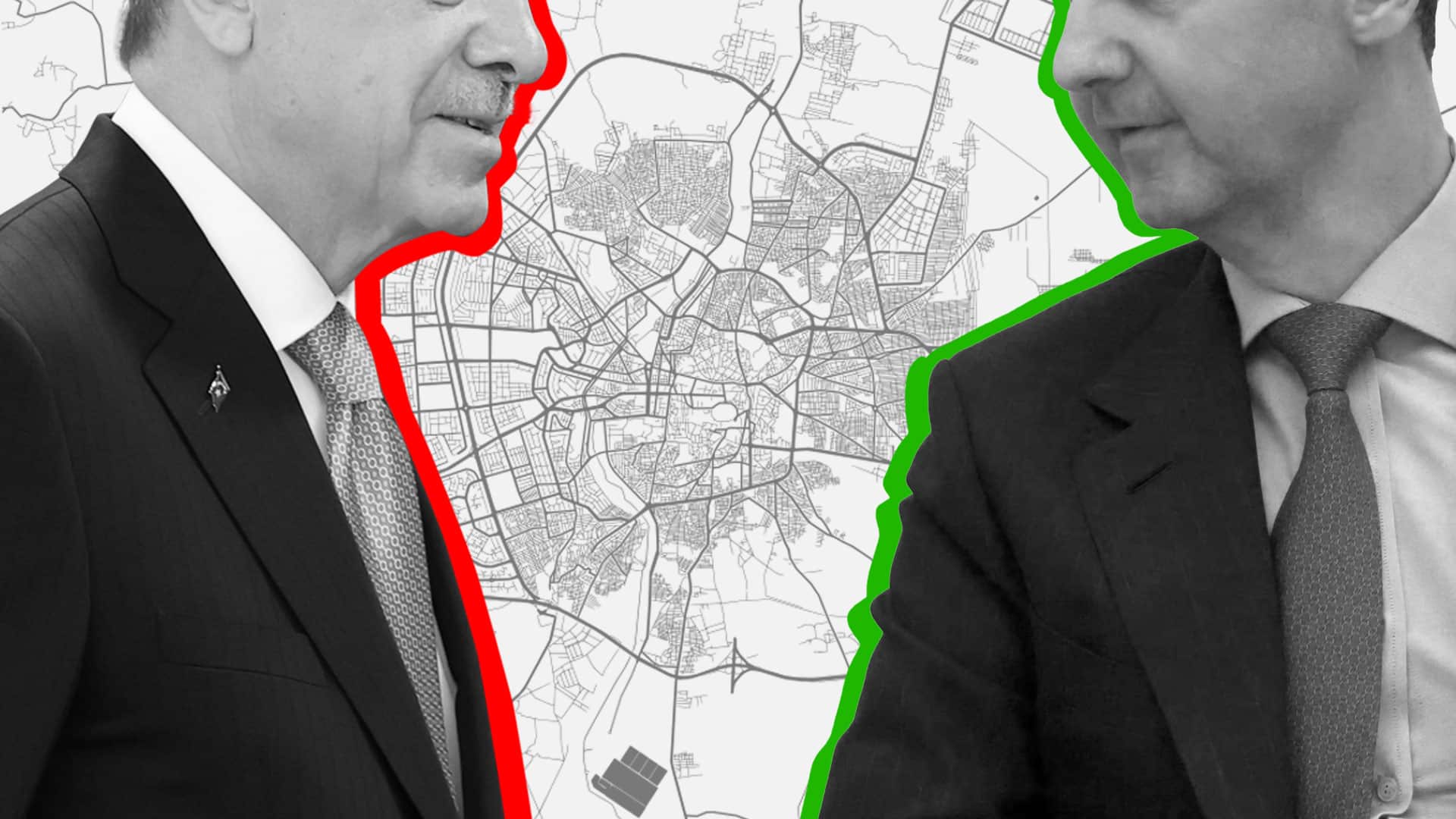
Erdoğan turns the tables on Assad after years of frustration

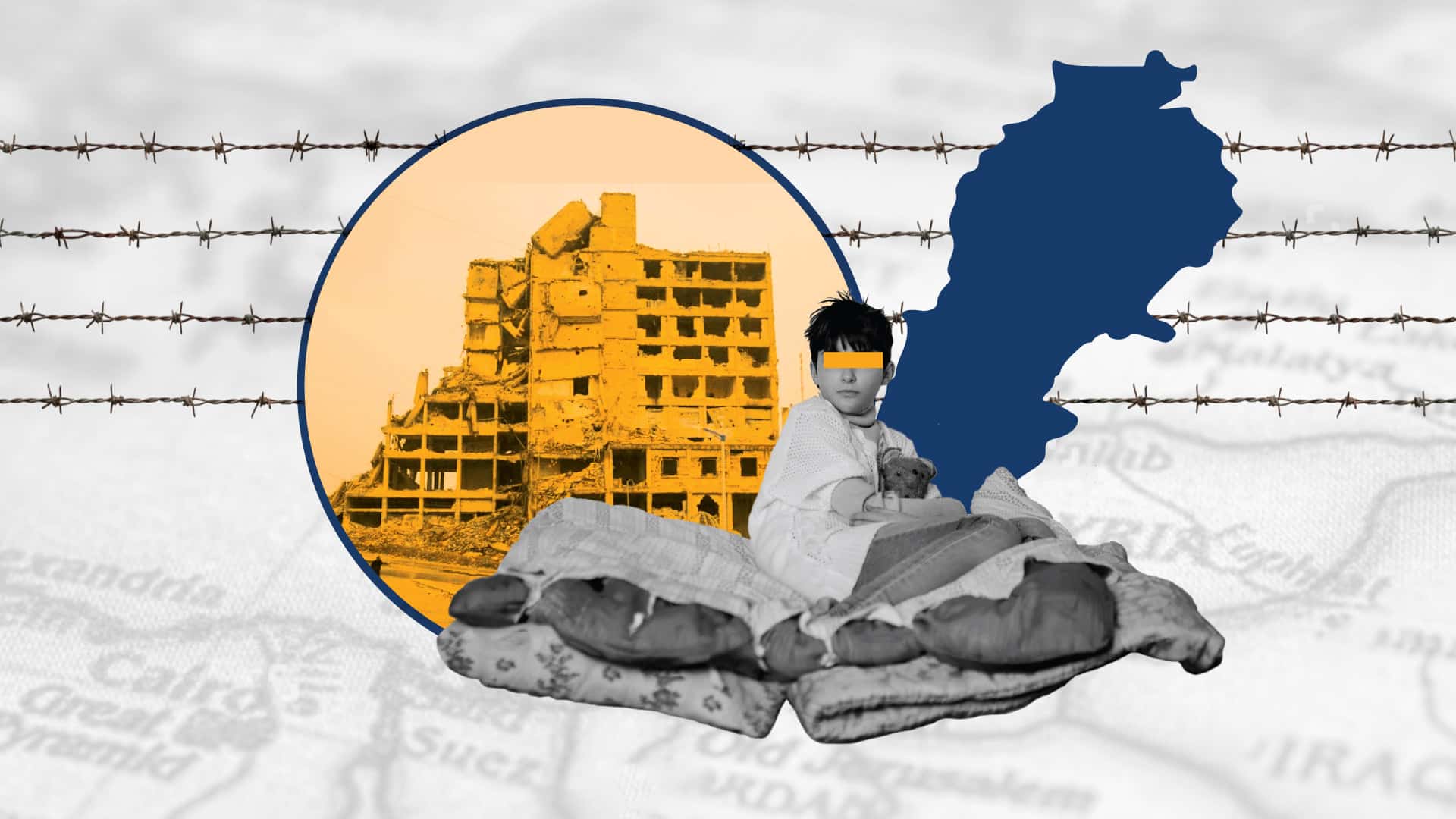
As the tide of war subsides, Lebanon needs a rights-based solution to govern the Syrian refugee crisis

For a ceasefire to happen, Hezbollah, the US and Israel need to return to Resolution 1701
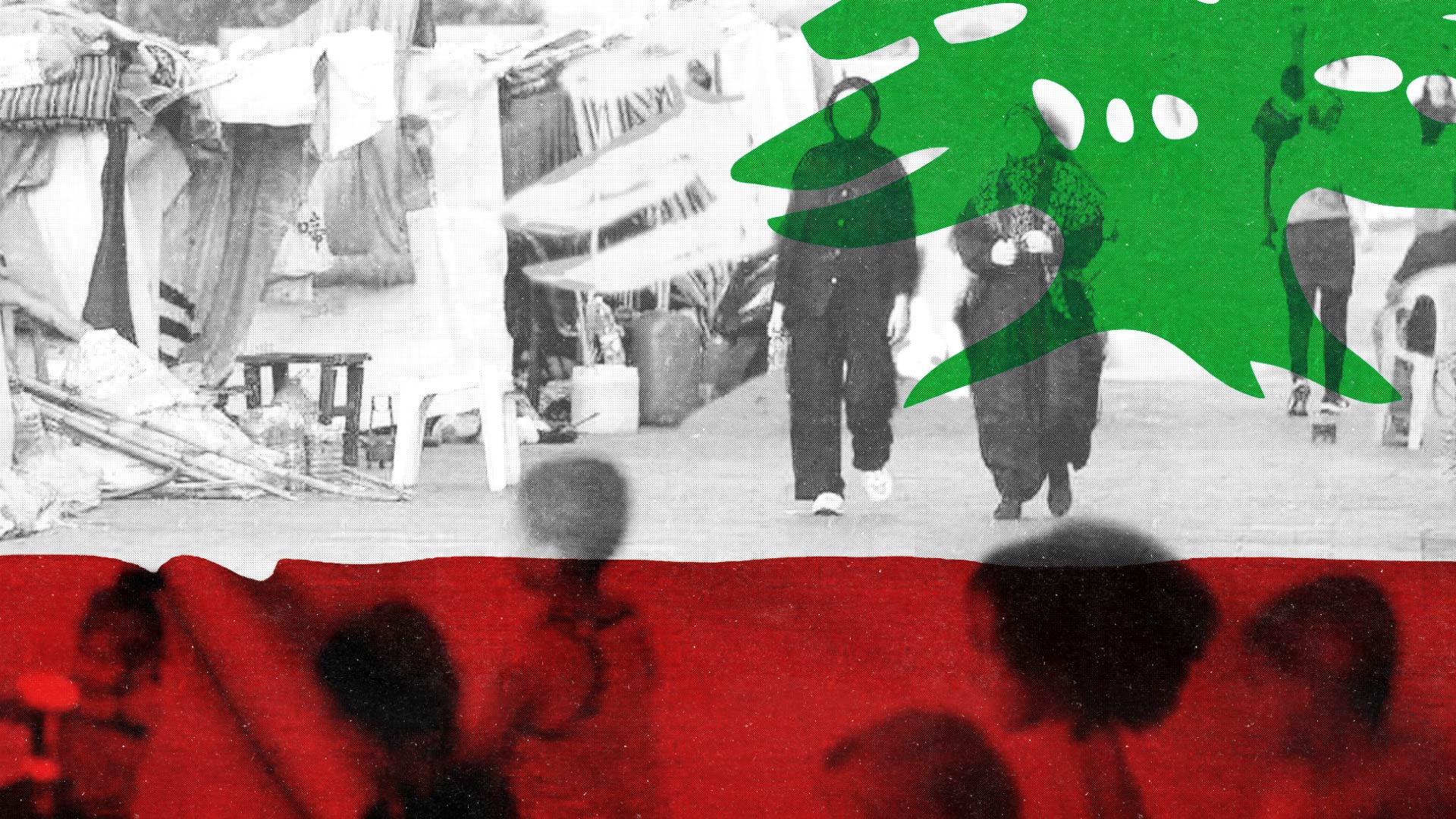
Fear and government inaction are driving a displacement crisis that risks civil strife in Lebanon

Alternatives to US, Israeli fool’s goal of severing Hezbollah from Lebanon
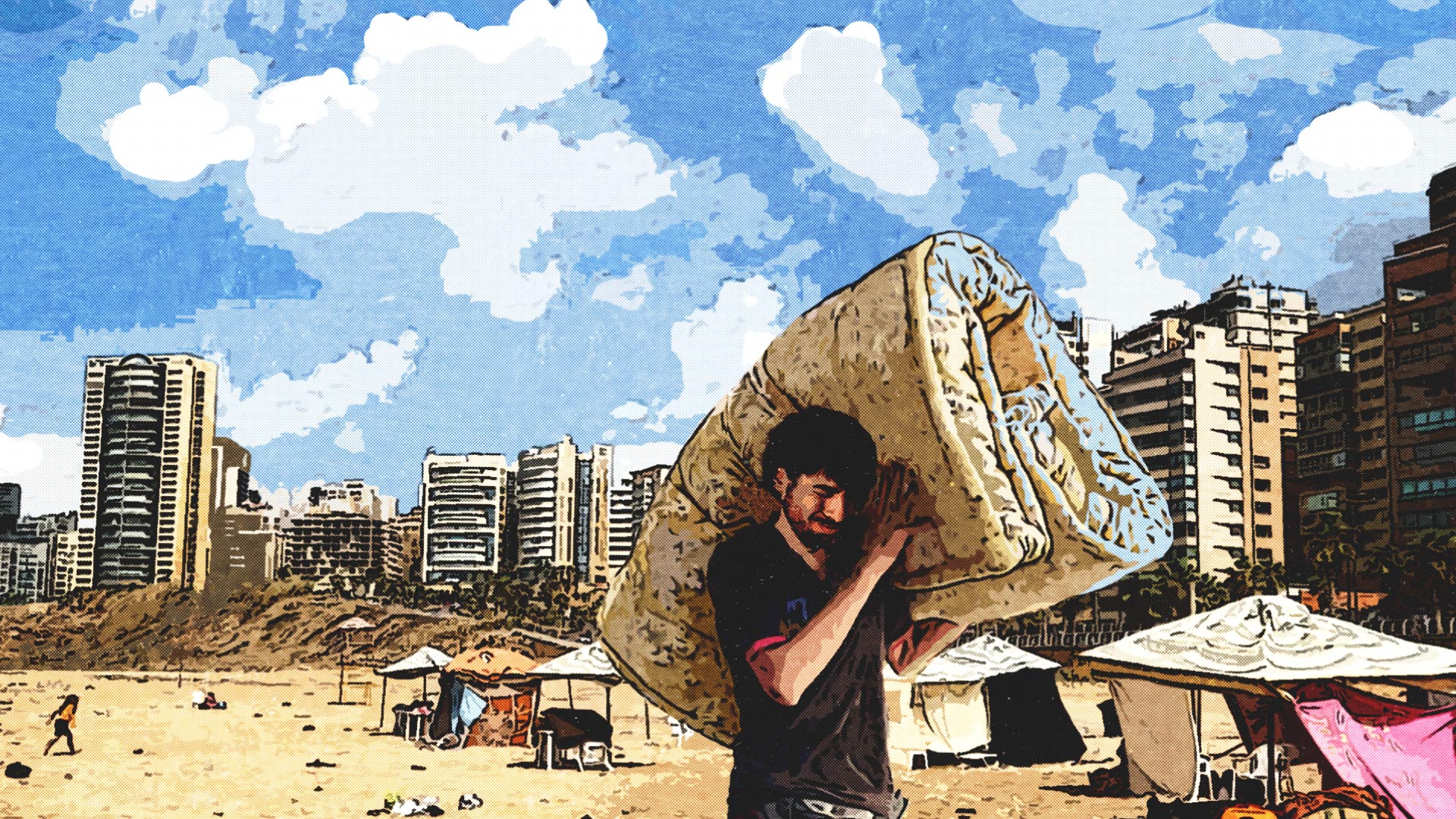
Israel’s war has triggered a housing crisis that risks Lebanon’s social stability
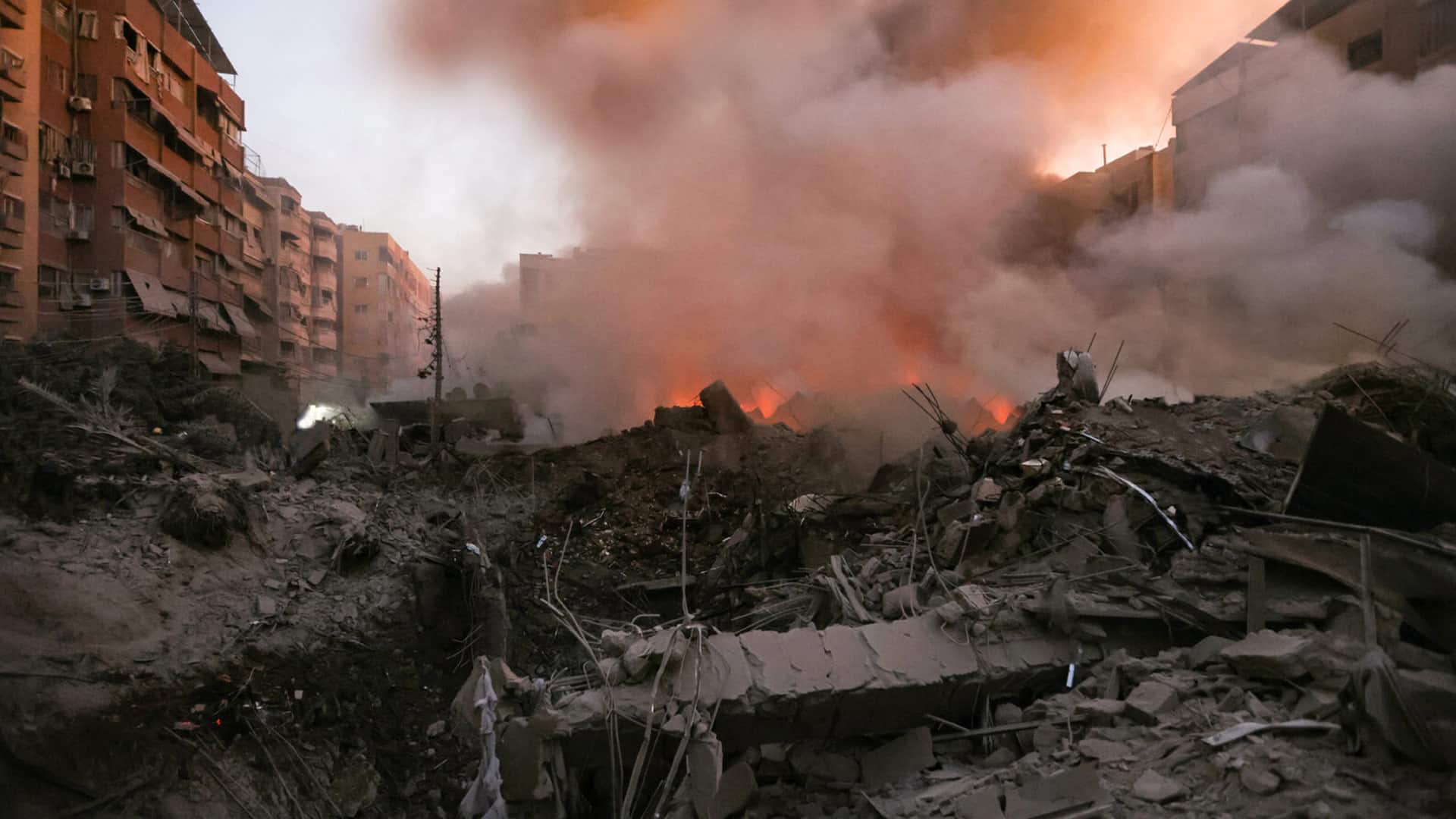
Amid Israeli onslaught, Lebanese policymakers must unite against worst-case outcomes

How the rivalry for LibanPost could decide the country’s financial future

Reforming Lebanon’s state-owned enterprises is key for national recovery.

Reform of state-owned enterprises is both possible and necessary, starting with electricity and telecoms.

A roadmap for state-owned enterprises reform in Lebanon, emphasizing transparency, good governance, and rejecting the controversial ‘Sovereign Fund’ to steer towards economic stability.

The Lebanese financial crisis, driven by fiscal mismanagement and central bank interventions, has resulted in market distortions and multiple exchange rates, worsening economic disparities.
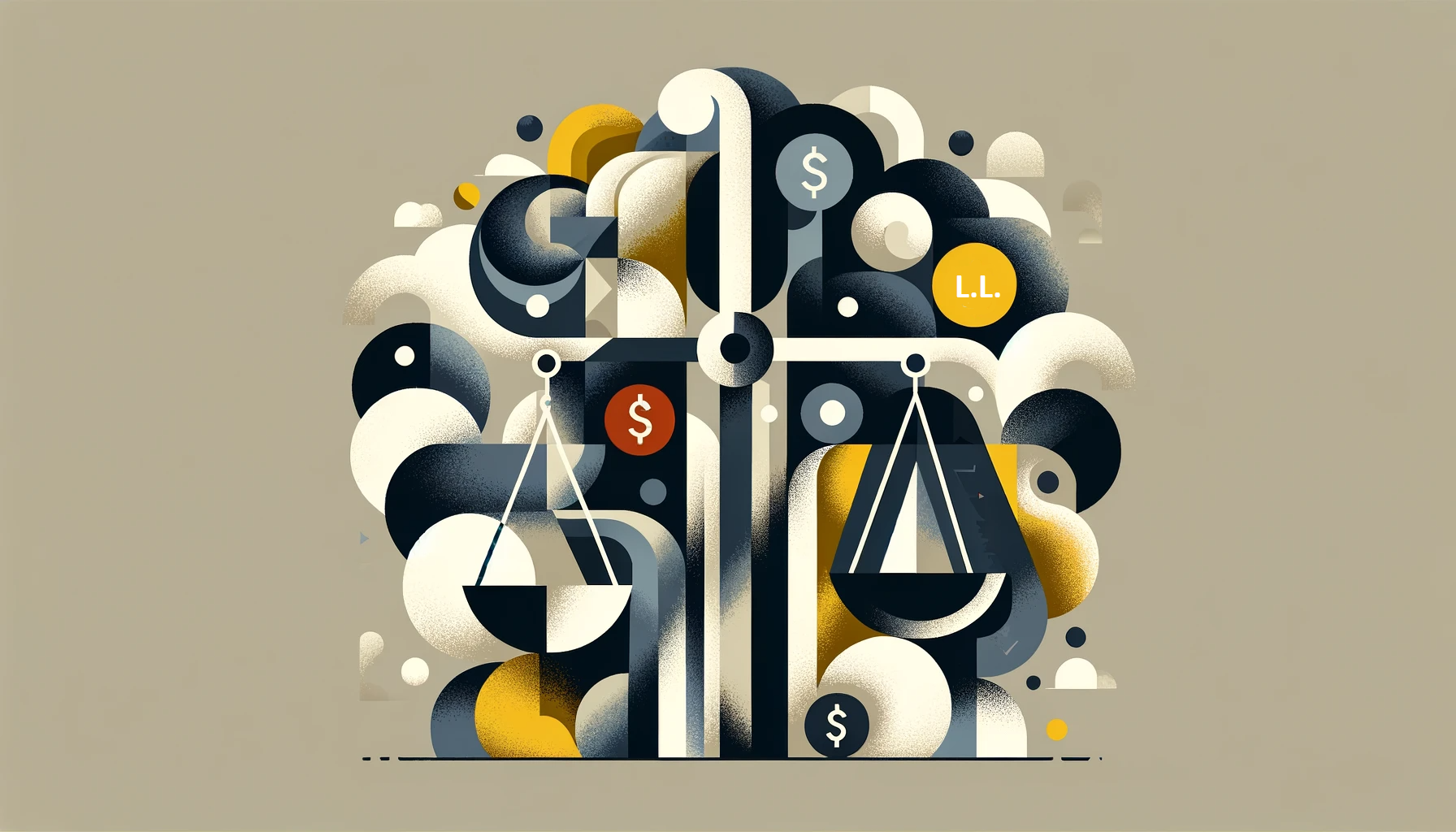
Assessing Lebanon’s exchange rate chaos: Sayrafa, monetary governance reforms, and the need for a managed float of the lira.

Oversight absent as TotalEnergies and QatarEnergy take over the energy sector.
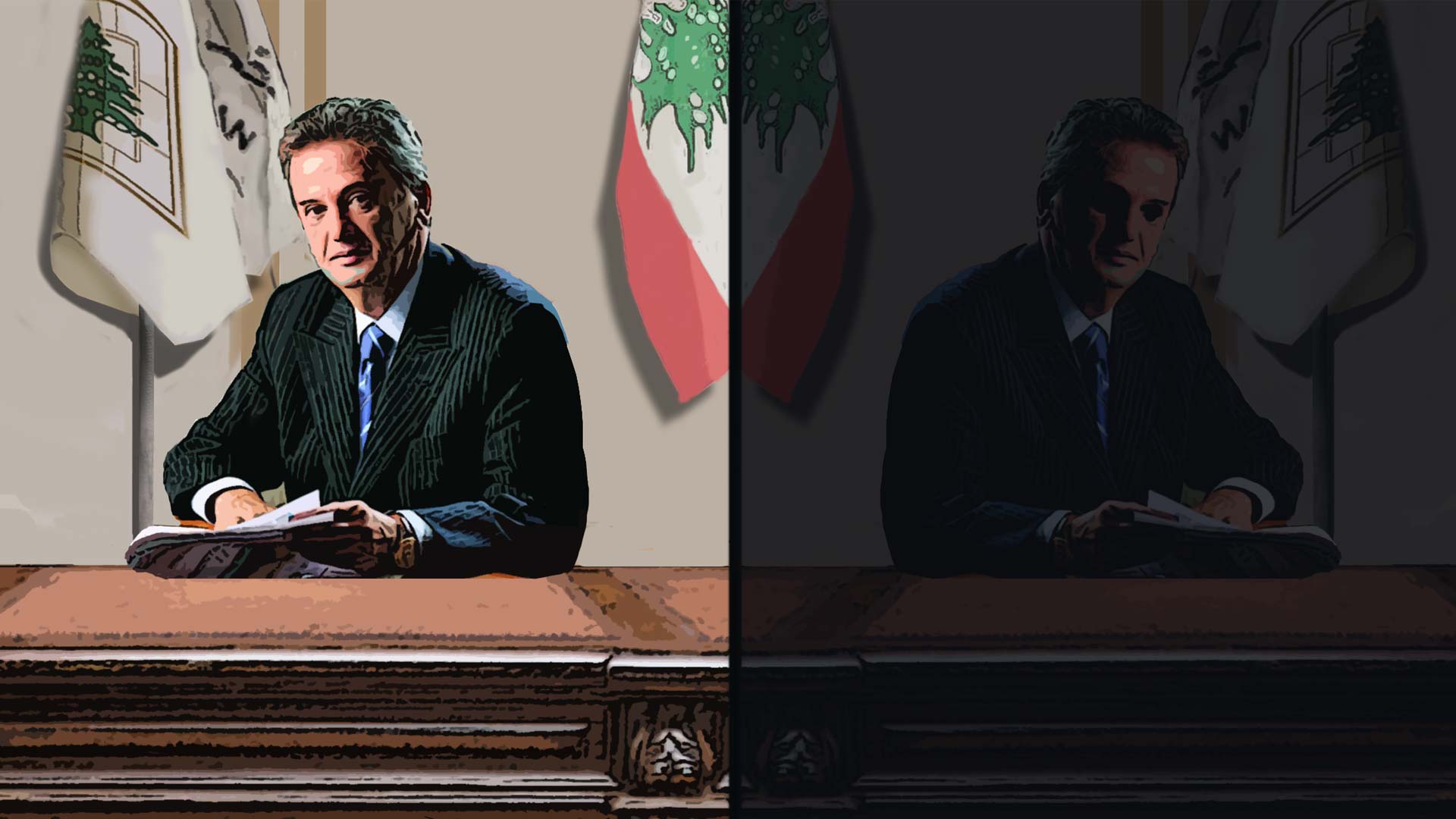
“A weak and inefficient monetary tool”
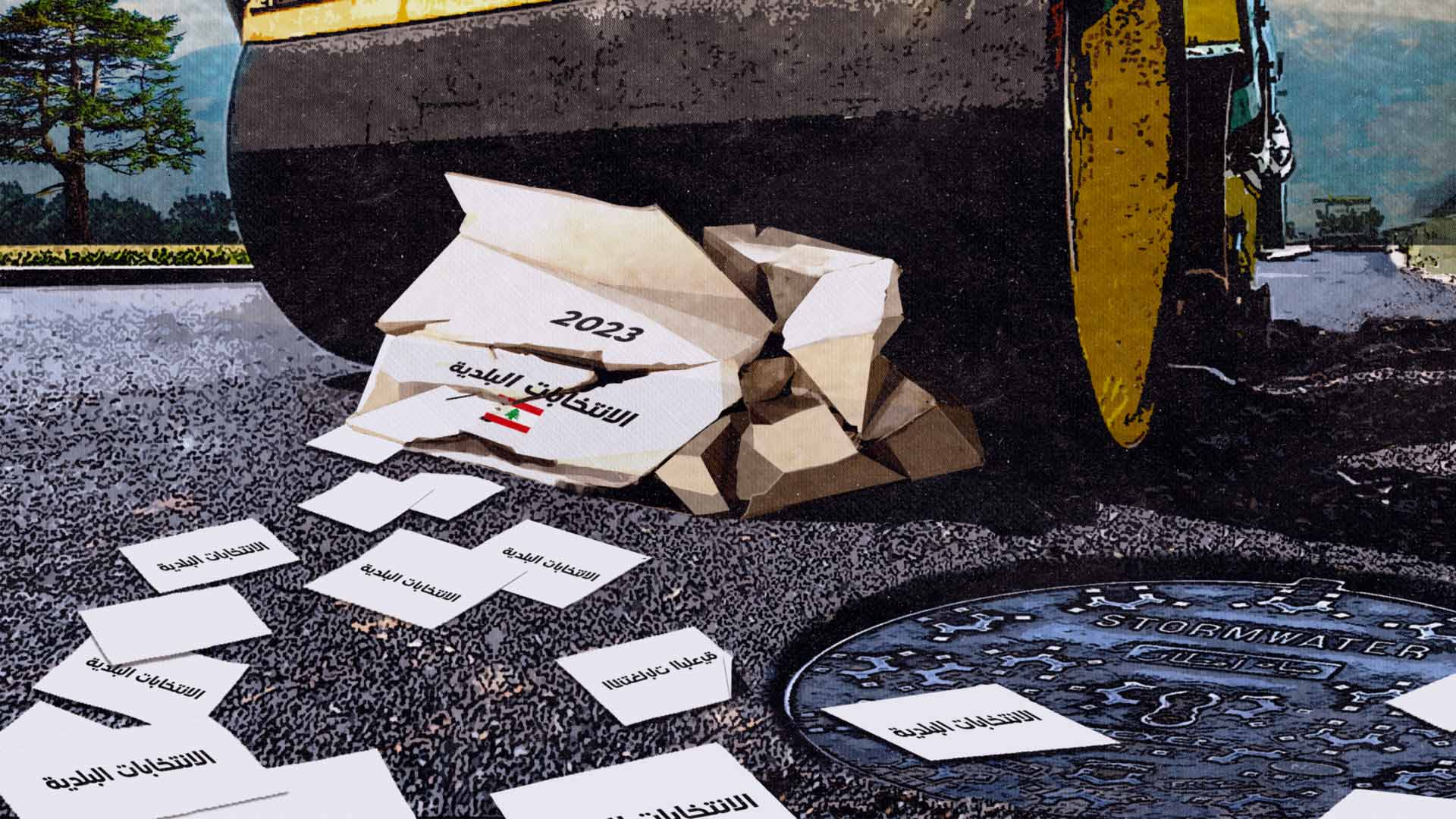
Municipalities’ can reshape development and service provision in lebanon, if freed to represent their communities.

How politicians corrupted the civil service, and why now is the time for change.
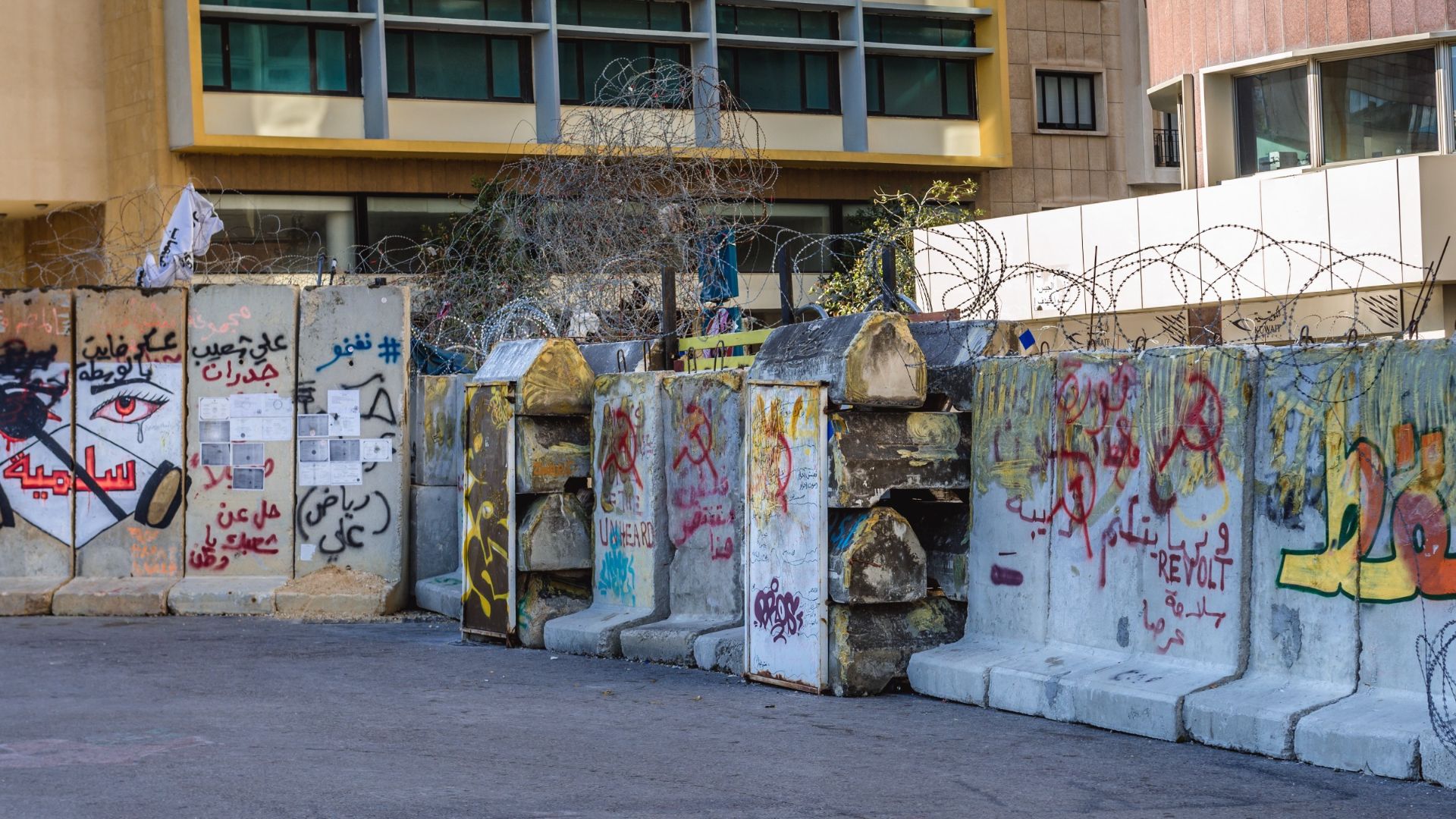
Lebanon’s cabinet violates constitution to protect banking elite.
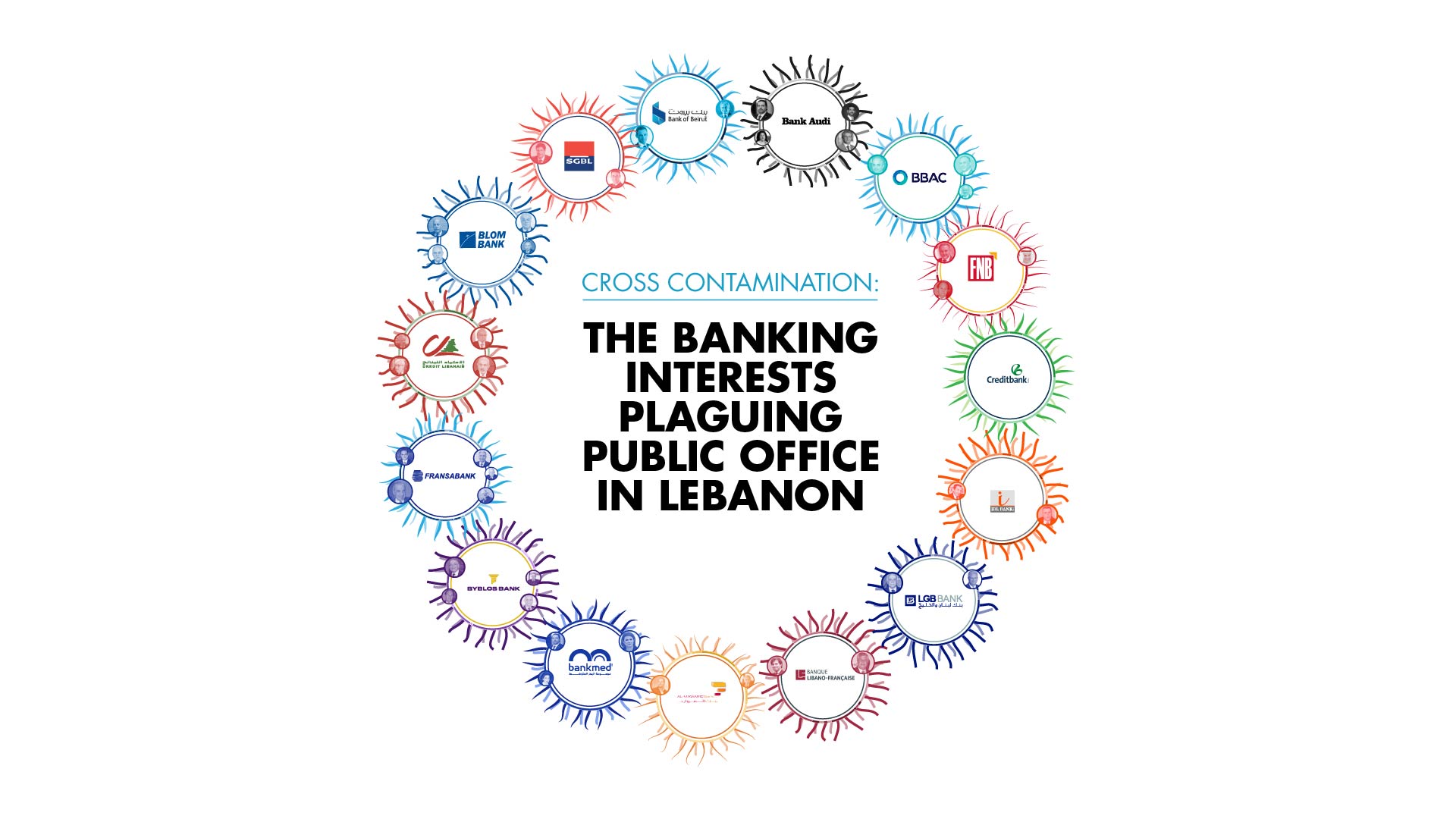
The Alternative’s investigation of Lebanon’s banking sector reveals conflicts of interest behind the country’s financial and political masters
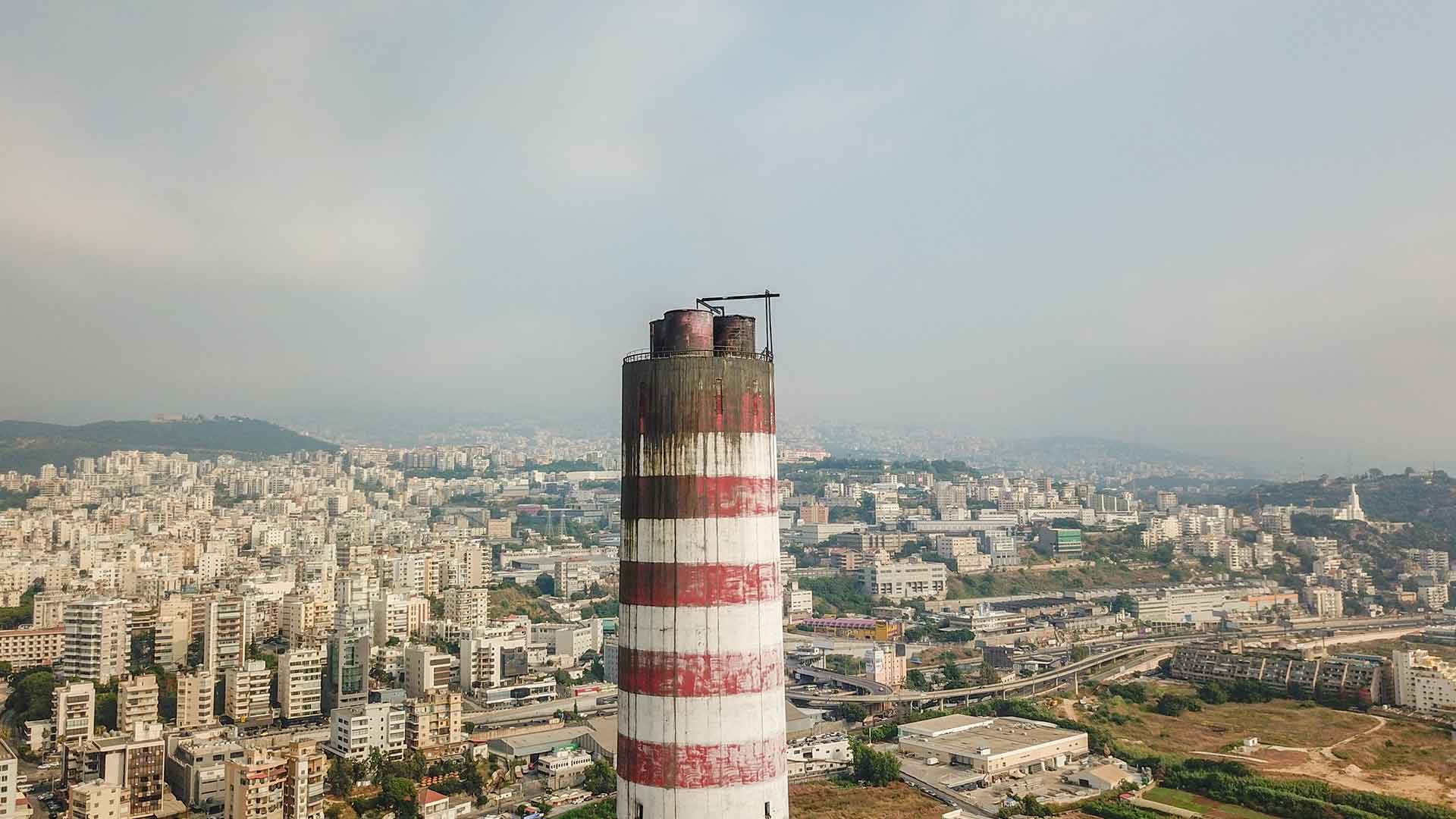
Lebanon’s residents likely to keep paying for the chronic mismanagement of EDL.
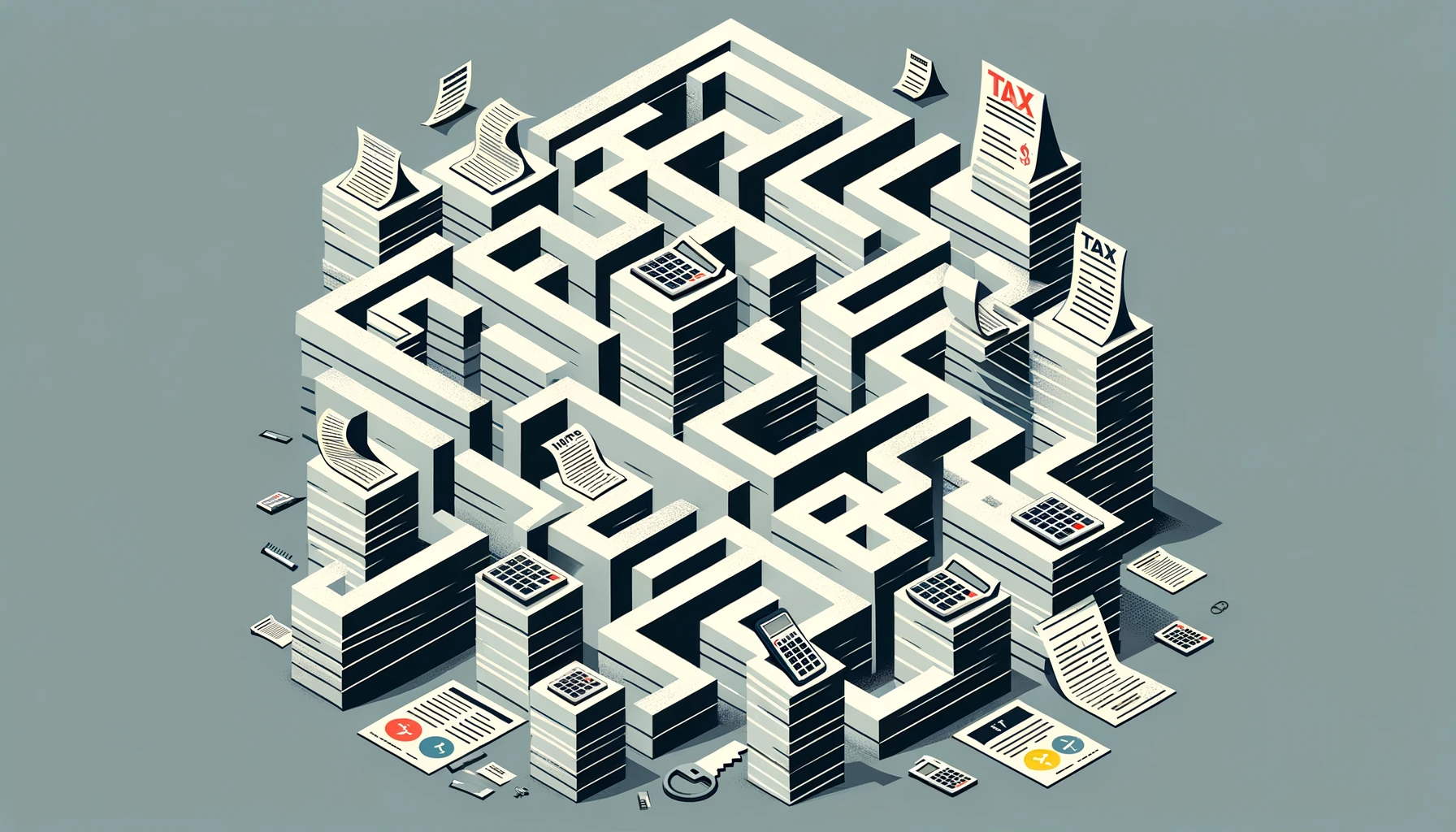
Lebanon’s 2022 budget’s has a preference for regressive taxation, potentially shielding the wealthy while financially straining ordinary citizens.

Lebanon amends banking secrecy law to appease the IMF but leaves loopholes to protect politico-banking elite.

Analyzing Lebanon’s 2022 Financial Recovery Plan, from its ambitious promises to critical flaws in depositor compensation, fund structure, wealth legitimacy checks, and the glaring lack of accountability.

Summary and analysis of circulars and decisions issued by the Ministry of Finance and Banque Du Liban from November to December 2022
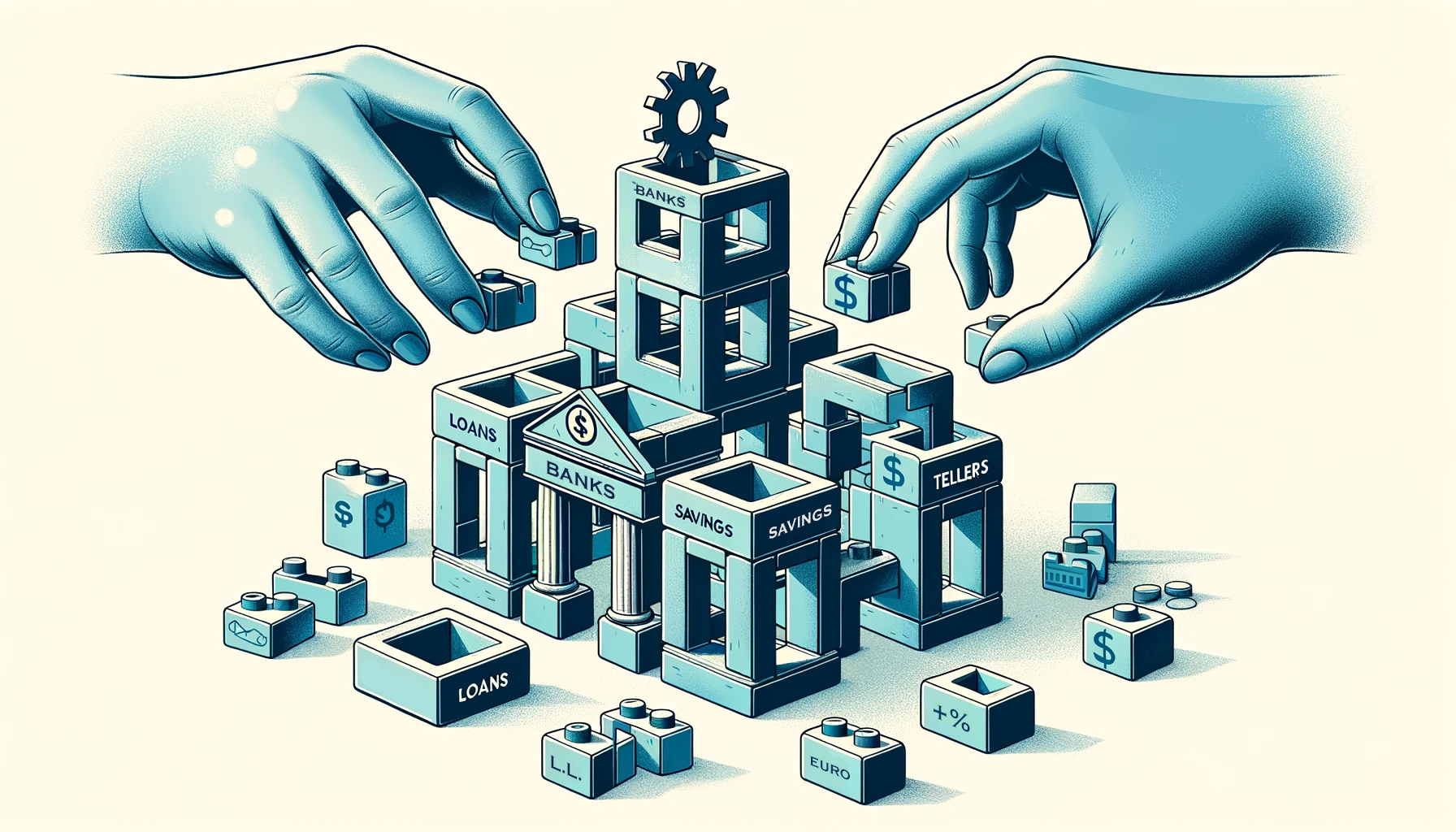
Lebanon’s draft laws aim to reshape its financial landscape, yet ambiguities may hinder complete restoration of confidence in the sector.
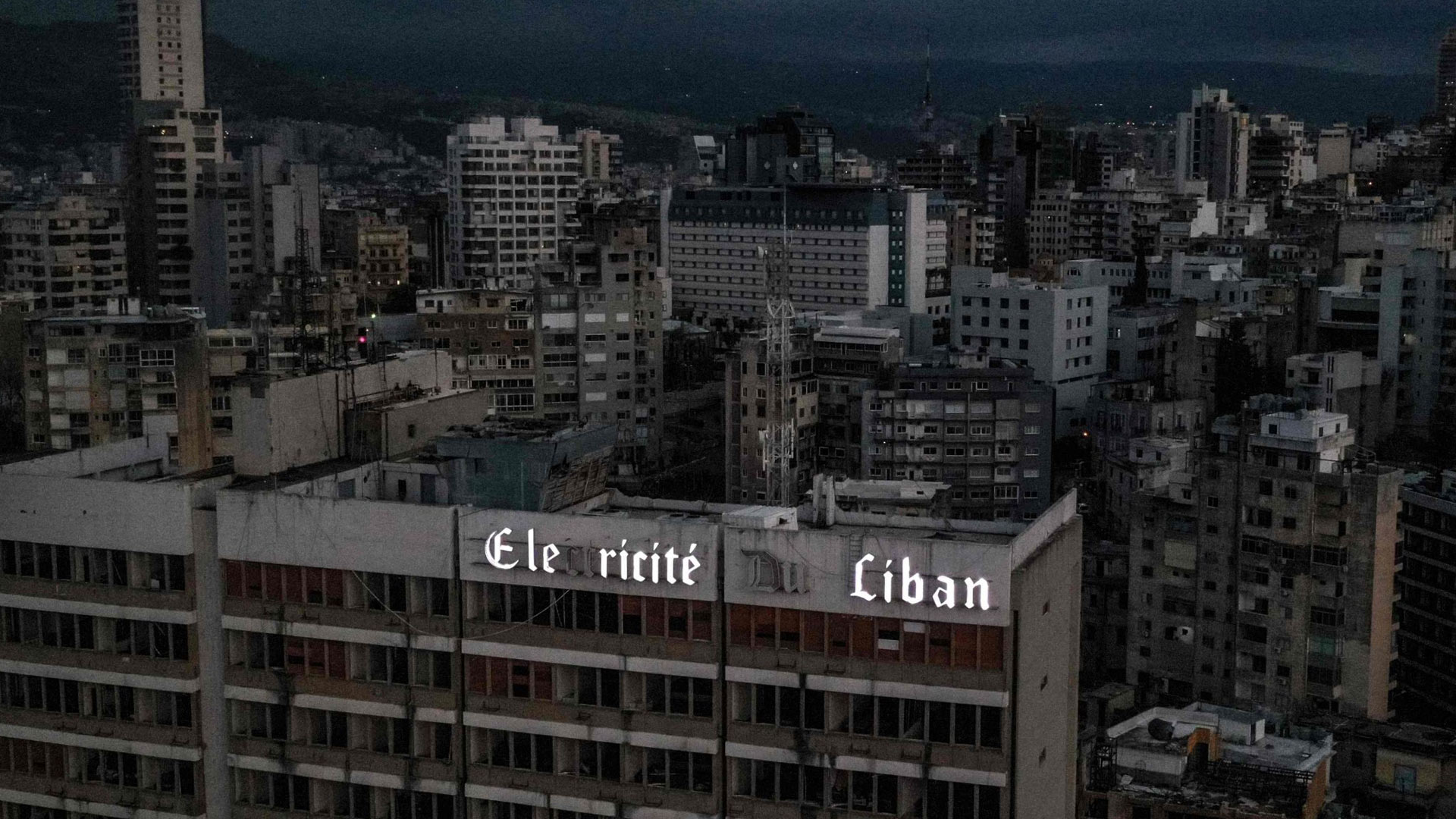
Infrastructure, political, and legal barriers to reforming Lebanon’s broken electricity sector.
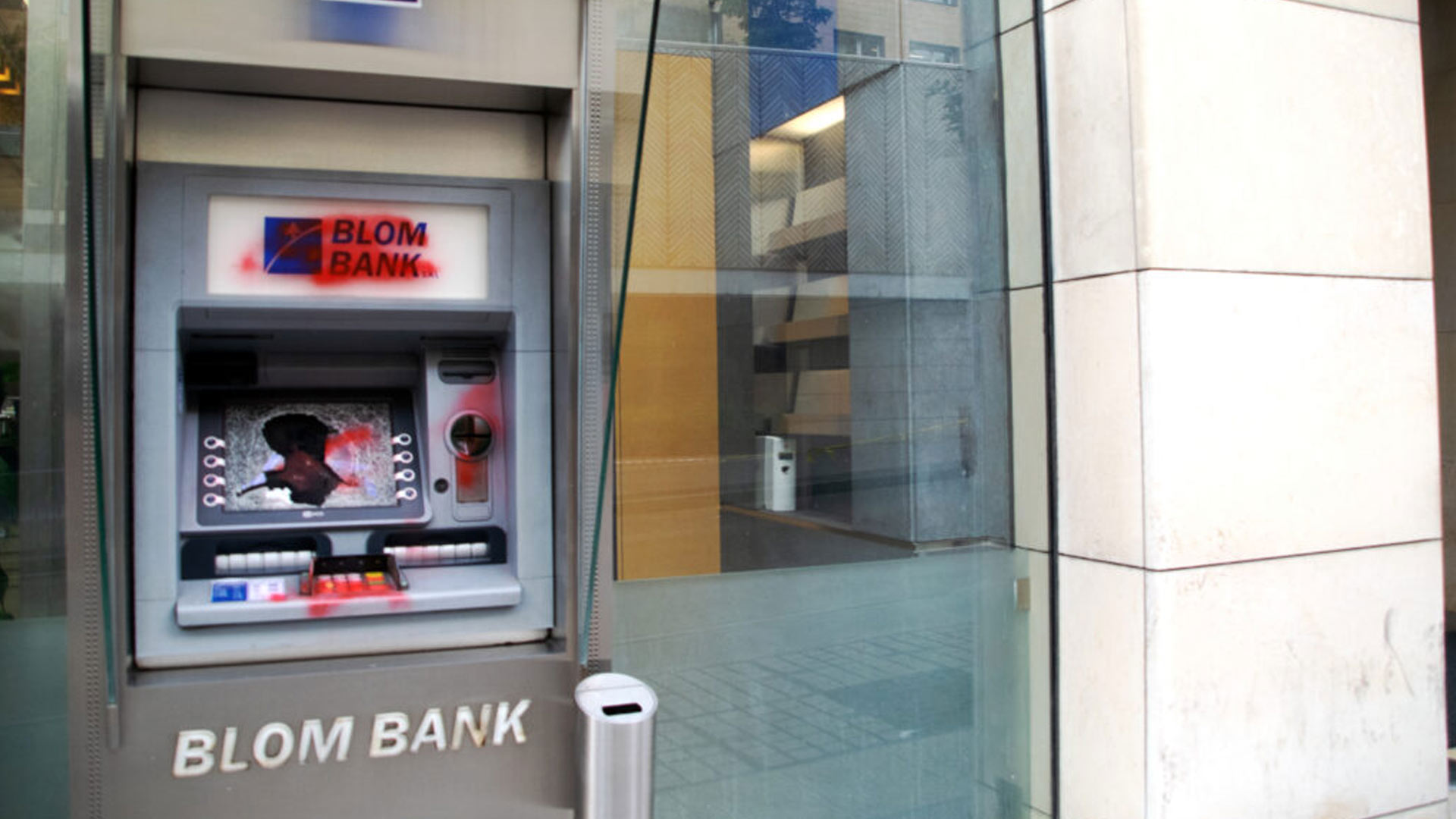
Lebanon’s bank hold ups are the result of lawlessness created by banks, not desperate depositors.

Assessing Lebanon’s revised banking secrecy law and its progress, while pointing to its loopholes, need for independence, and effective enforcement mechanisms.

A complete rethink of Lebanon’s education sector could turn crisis into opportunity

Peacekeeping mission reading between the lines to keep the peace

The MOEW’s latest renewable energy draft law faces criticism for consolidating power, with experts pushing for reforms to decentralize the sector and break the EDL monopoly.
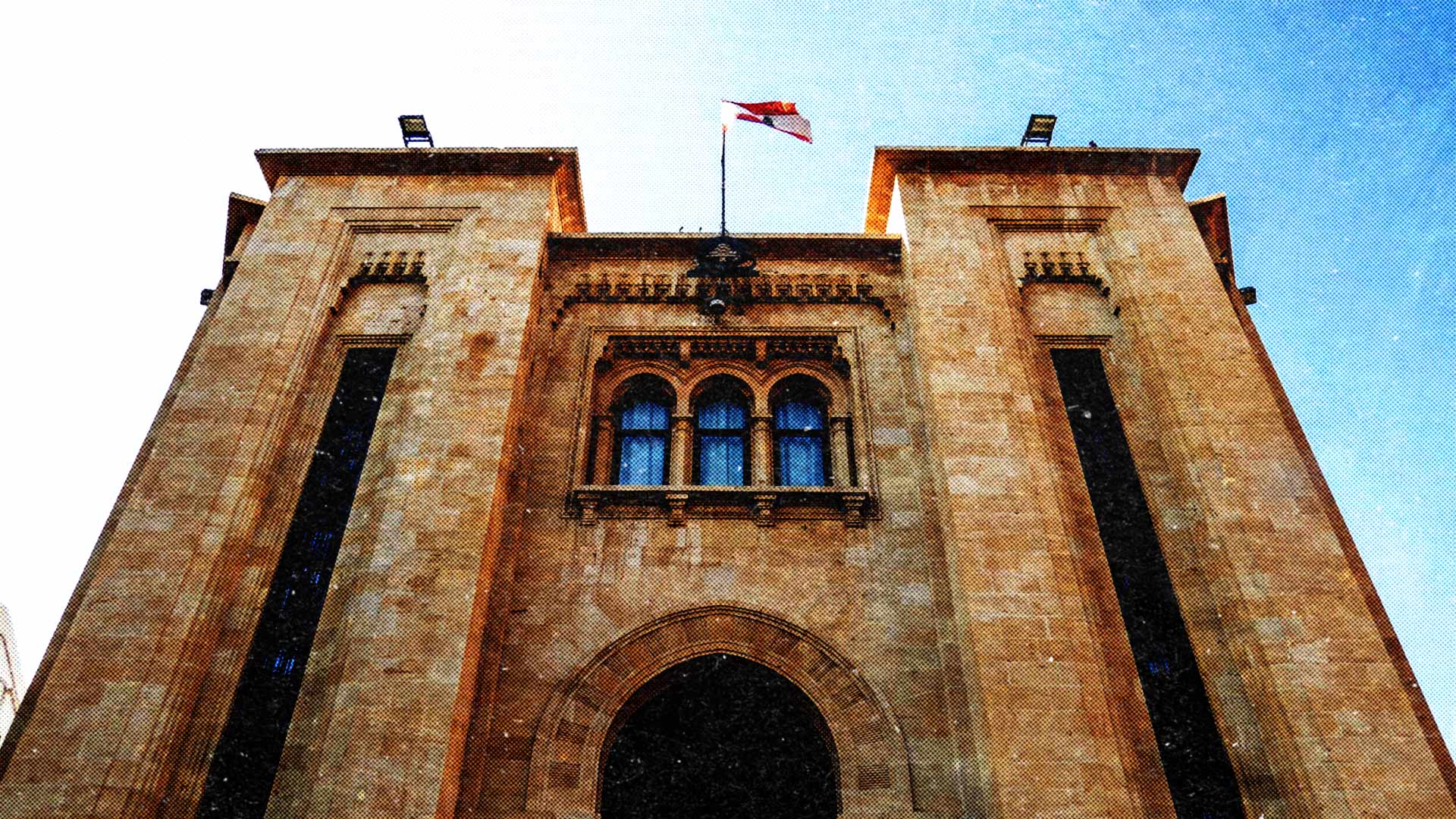
By kicking the can down the road on comprehensive reform, the 2022 budget is just another power grab by the establishment.
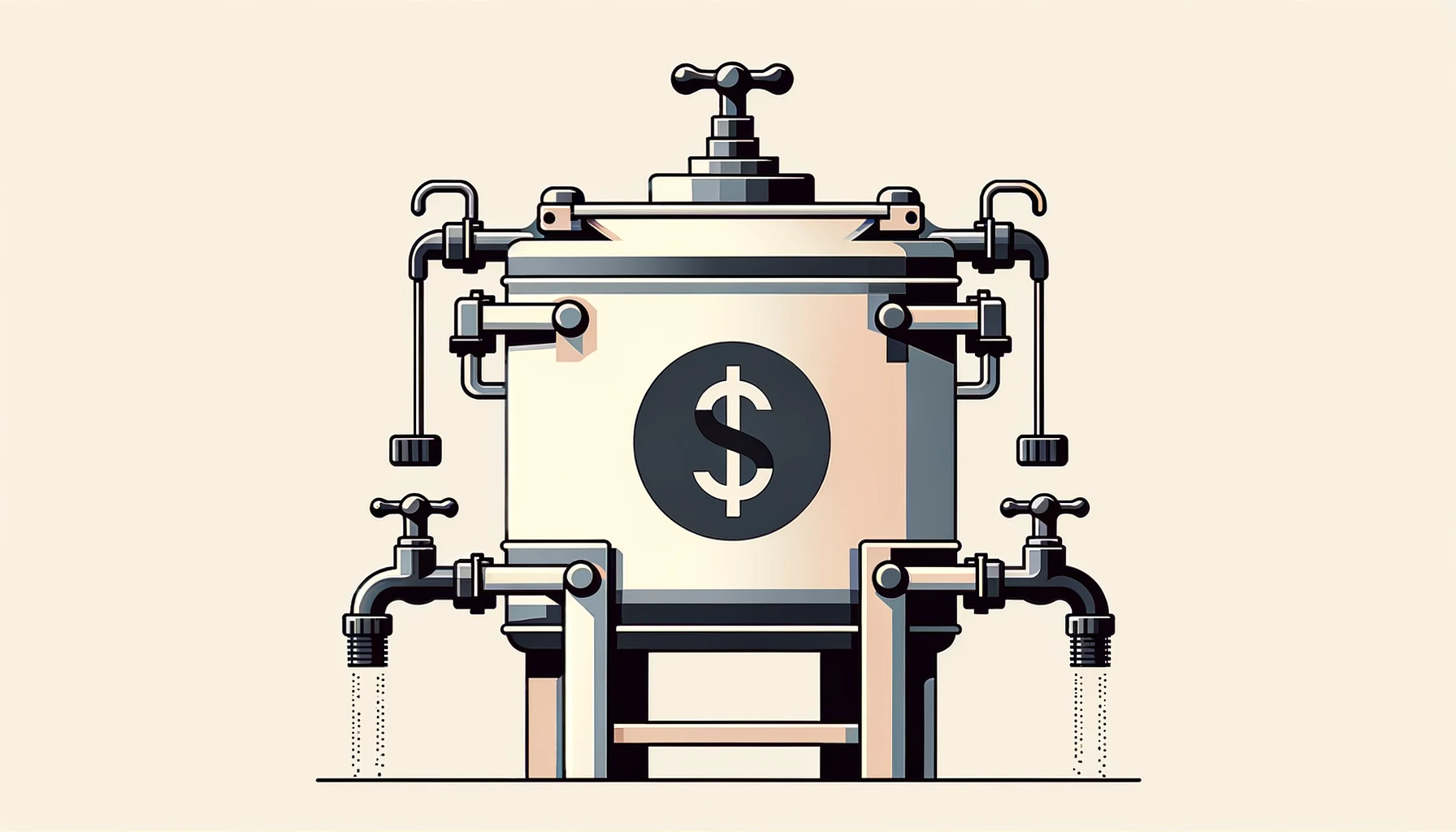
Exploring Lebanon’s loss distribution dilemma, focusing on banks using depositor funds to cover losses, evasion of accountability standards, and the urgent need for bank restructuring.

Analyzing Lebanon’s capital control laws, highlighting issues like illegitimate withholding of funds, conflicts of interest in regulatory bodies, depositor discrimination, and the need for stringent, fair amendments.

Legal loopholes and self-interested gatekeepers will likely prevent justice from running its course

How blank votes help the traditional political class win seats

A new nationally representative study on voter intentions reveals hope for independents, while showing traditional parties maintain their voter base through tradition, identity politics, and political clientelism.
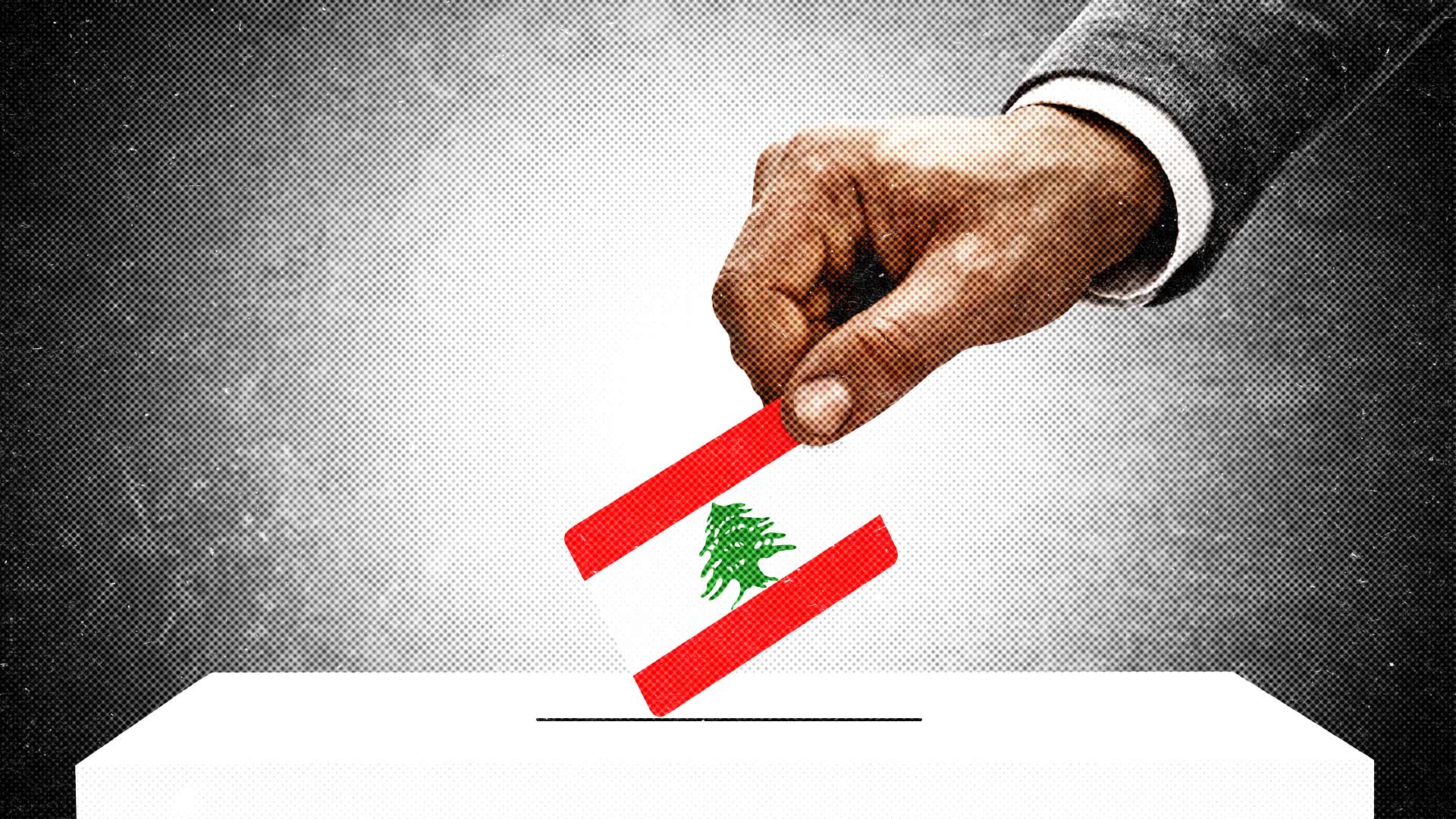
The European Union has positioned itself as lead guarantor for Lebanon’s parliamentary elections, with sanctions and observers in place. But history suggests that dirty electoral tricks will go unpunished.
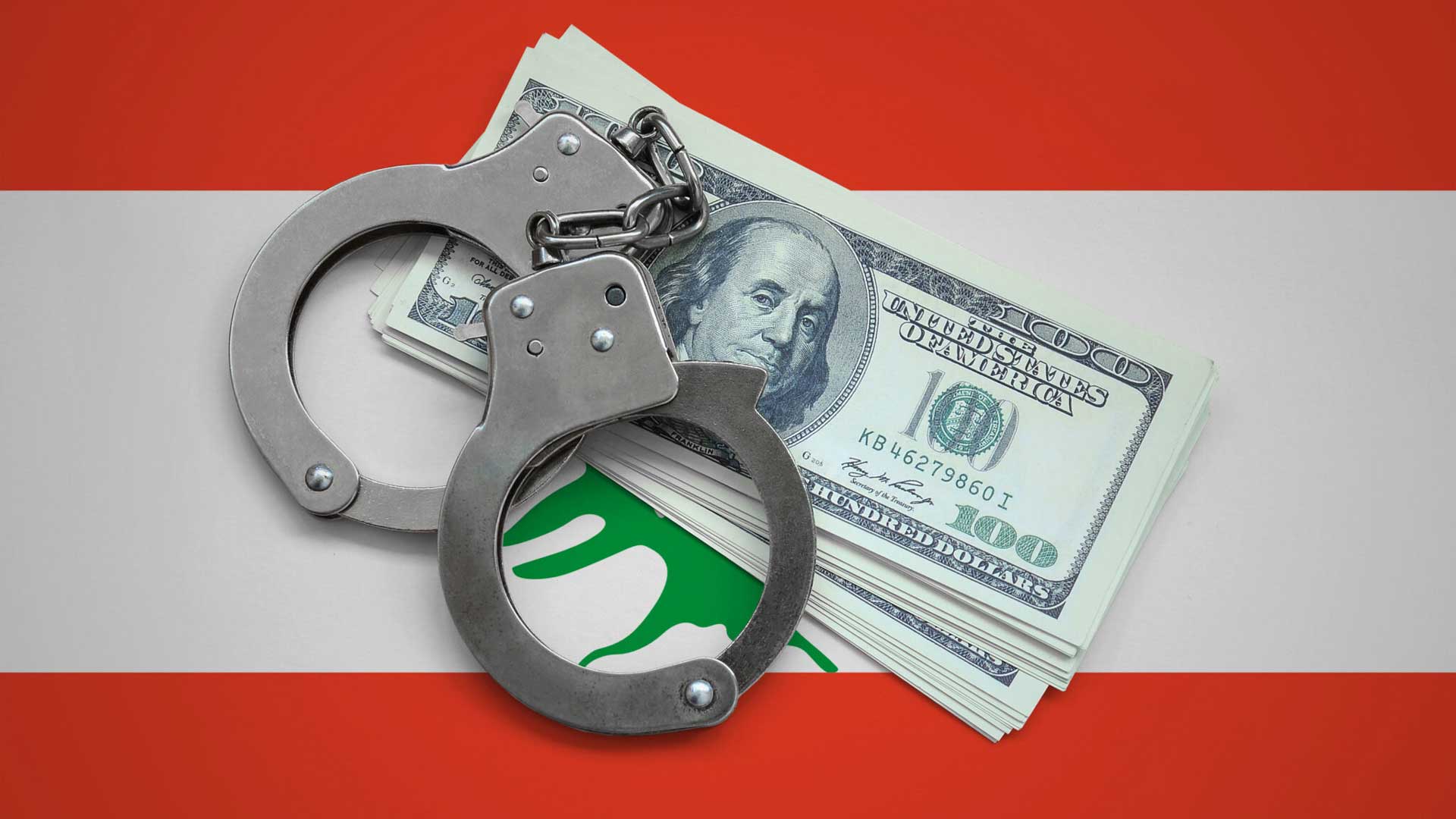
These informal capital controls – which have no basis in law – facilitate rampant discrimination between well-connected elites and most other depositors.

Elections in Lebanon are currently set for 15 May, but throughout March the ruling political class has alluded to conditions that would buy them time to avoid holding the elections as scheduled.
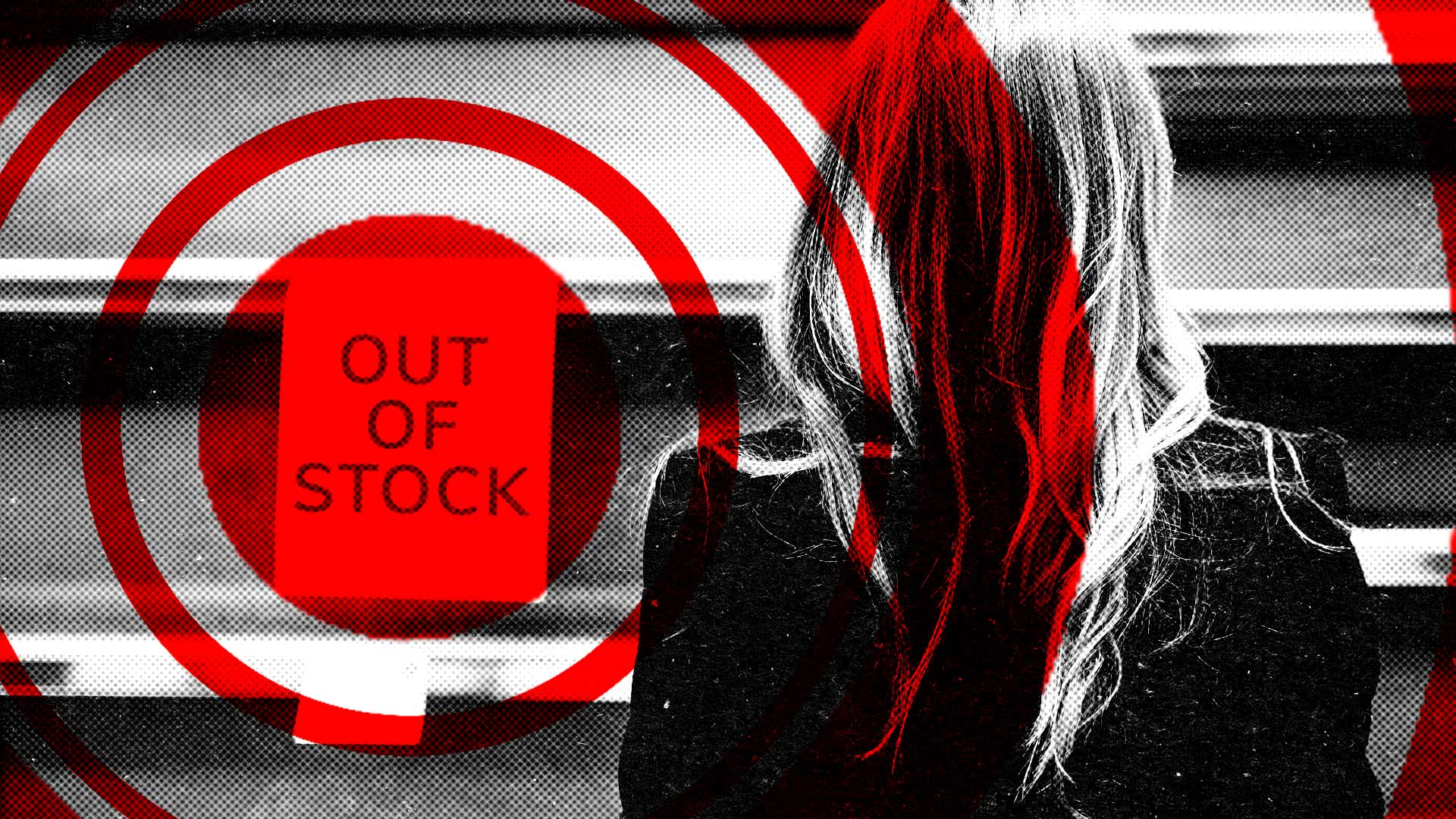
As long as the global food and energy crisis continues, Lebanese households – which rely overwhelmingly on imported products – will start skipping meals, eating less, losing nutrients, and falling ill.

Since 1985, the Lebanese government has made at least 13 such announcements, plans, proposals and / or studies about new public transport projects – an average of one every 2.4 years.

Broadening private insurance ahead of universal health care.

How banking regulations can fairly allocate losses and avert future crises.
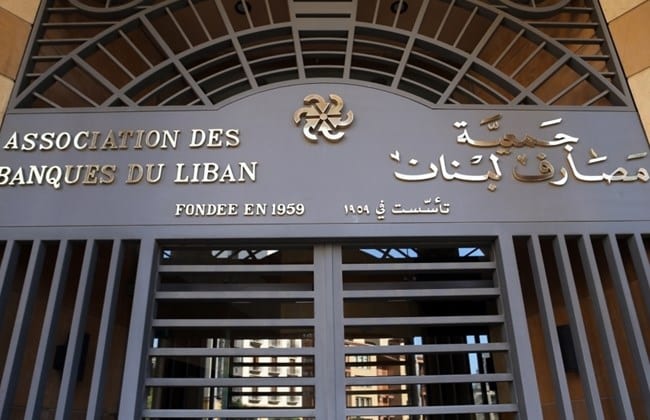
When Lebanon’s financial sector imploded, it was inevitable that the country’s elites would try to shunt those losses onto everyday Lebanese. Over several years, Lebanese bankers had gambled away their customers’ savings, leaving banks unable to meet their debts by October 2019 – if not earlier....

Lebanese authorities’ persistent failure to meet the country’s energy needs has been a central symbol of state corruption and mismanagement.

As Lebanon approaches another round of parliamentary elections opposition parties face old threats and new opportunities.

How misplaced aid, elite capture, and a devalued currency are causing crisis in the water sector.

Exploring Lebanon’s socioeconomic frailties and policy solutions: Confronting rentier capitalism and crafting a fairer future.

Defaulting on Lebanon’s foreign-held debt may have patched up the country’s financial wounds, but it has not stopped the internal bleeding.

Lebanese banks and financial companies that provide electronic money transfer (EMT) services profit off consumers through transfer fees and hidden exchange rates that are nothing less than exploitative.